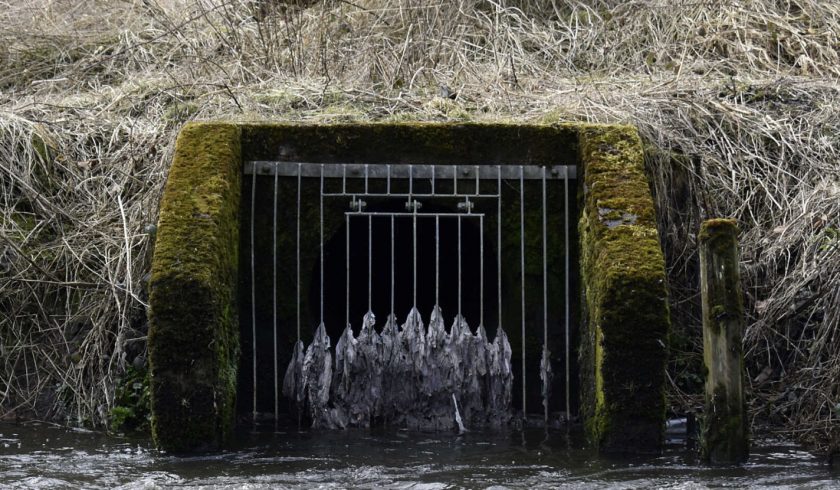Welsh Affairs Committee to grill environmental experts on water quality and sewage discharges Wales

The Welsh Affairs Committee is set to hold a crucial evidence session today to examine the quality of water in Wales, following widespread media coverage of sewage discharges.
The session will see several key figures in the environmental sector giving evidence, including Angela Jones, environmental campaigner, Jon Khoo, Chair of Surfers against Sewage, and Gail Davies-Walsh, Chief Executive of Afonydd Cymru.
The issue of water quality in Wales has been a growing concern for the public, especially after the revelation of 105,751 sewage spills into Welsh waterways in 2020.
The spills, which come from combined storm overflows, pose serious risks to public health by introducing biological and chemical pollutants, litter, and changing water chemistry.
In comparison to other European countries, the UK has been lagging behind in water quality, with just 63.2% of bathing water sites rated excellent in 2018, compared to an average of 85.1% in Europe.
There have been calls for Welsh Water to stop dumping sewage in the River Dee.
Chester Zoo CEO, Jamie Christon, wrote to Welsh Water, calling for an end to the “unacceptable discharge” of sewage into the River Dee.
The discharge is posing a significant threat to wildlife, including the Scarce Yellow Sally Stonefly, a critically endangered insect species which is only found in the river and was rediscovered in the UK in 2017.
Sewage discharges also pose an ongoing threat to declining bird species such as the redshank, curlew, black-tailed godwit and pintail.
During Wednesday’s evidence session in Westminister, the committee is expected to discuss a range of topics related to the issue of sewage discharges in Wales including the measures being taken by the Welsh and UK governments to tackle the problem, the situation in Wales compared to other parts of the UK, the extent of unpermitted sewage spills, the possibility of extending reforms to storm overflows under the Environment Act 2021 from England to Wales, and the available solutions to untreated sewage discharges.
